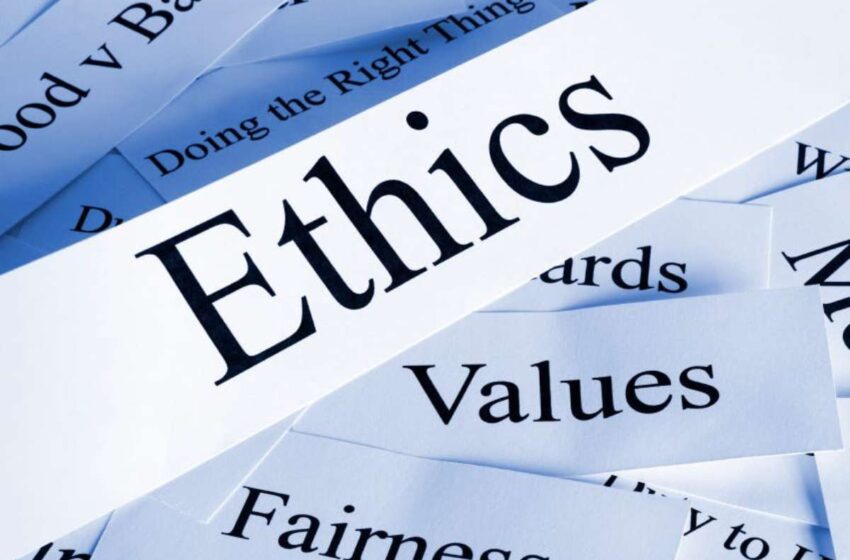
Books That Will Challenge Your Views on Ethics and Morality
Ethics and Morality
Table of Contents
Stories That Refuse to Pick Sides
Some books just don’t play by the rules. They nudge at the conscience prod at beliefs and toss questions like stones into still water. These are the stories where the lines between right and wrong blur and what seemed solid starts to feel shaky. A character may act with good intentions yet cause deep harm. Another might do something terrible and somehow feel human anyway. That grey area is where the most powerful stories live.
Reading them isn’t about finding answers. It’s about sitting with discomfort and noticing what it reveals. Books that dig into ethics and morality often take their time. They are not driven by plot twists but by human contradiction. They don’t give heroes or villains. They give people. And that might be the whole point.
Old Questions New Frames
Some of the most challenging ethical stories come wrapped in classic paper. “Crime and Punishment” follows a man who kills for a theory then finds himself unravelled by guilt. “Frankenstein” makes it hard to decide who the real monster is—the creator or the created. These books don’t belong in a time capsule. They speak in the voice of today though they were written centuries ago.
Philosophers have written about morality for ages. But fiction can carry those debates into everyday life. One chapter might do more than a dozen essays. Fiction breathes where theory explains. The clash of values and the grind of tough decisions can live inside a single page when a writer knows where to push. These stories are less about telling what is right and more about asking who gets to decide.
The reach of these books has only grown thanks to digital access. Between Project Gutenberg, Open Library and Z lib readers enjoy a huge digital library filled with works that still stir the moral compass. From Dostoevsky to Baldwin from Woolf to Le Guin these shelves never sleep.
Three Stories That Make Ethics Feel Personal
When big ideas start to feel too abstract these books bring them back down to earth with characters that stay under the skin long after the last page:
● “The Road” by Cormac McCarthy
A father and son move through a burnt world with nothing but a cart and a bond. Survival means making choices with no good outcome. Is stealing wrong if it saves a life Is mercy a weakness when the world has none to offer back McCarthy’s sparse style leaves no place to hide. Every act carries weight. The love in the story is quiet yet fierce. And it asks without asking what it means to be good when goodness no longer serves a purpose.
● “Never Let Me Go” by Kazuo Ishiguro
Set in a quiet English countryside the story follows children raised in a boarding school for a purpose they barely understand. Their innocence masks a deeper truth. As it unfolds the novel doesn’t rage. It whispers. It lingers. It asks whether knowing something is wrong means anything if everyone agrees to pretend it’s fine. Ethics here is not a matter of laws or rules. It’s about acceptance, about silence and about what people choose not to see.
● “The Reluctant Fundamentalist” by Mohsin Hamid
A man sits in a Lahore café and tells his story to a stranger. What begins as a tale of success in America becomes a story of alienation and identity. Told in one long monologue the book questions where loyalty lies and whether belonging can survive betrayal. Nothing is easy in this book. There are no villains, no saviours just a voice full of both pain and pride trying to make sense of what it means to live between worlds.
Each of these stories steps away from lecture halls and enters the heart of real choices. They don’t explain ethics. They show it on the ground with all the dirt and doubt that comes with it.
New Writers Same Dilemmas
Modern writers are just as sharp when it comes to morality. In “Atonement” Ian McEwan plays with guilt and forgiveness through the eyes of a girl whose imagination causes real damage. Roxane Gay’s “An Untamed State” throws readers into the brutal split between justice and survival. In both cases the stories leave a strange kind of echo. Not a resolution but a quiet shift in how things are seen.
These books don’t tell anyone what to think. They ask whether thinking alone is enough. Whether feelings can make a wrong seem right. Whether intention can ever clean up outcome. The answers change depending on who is reading. That’s where the power sits.
What connects these authors across time is a shared refusal to make it simple. The characters live in the fog of doubt and the stories let them stay there. It’s not about clarity. It’s about the search. Ethics lives in that space—in the pause before the choice in the silence after the act.
And perhaps that’s what keeps readers turning the page. Not to judge but to understand. Not to solve but to feel.


